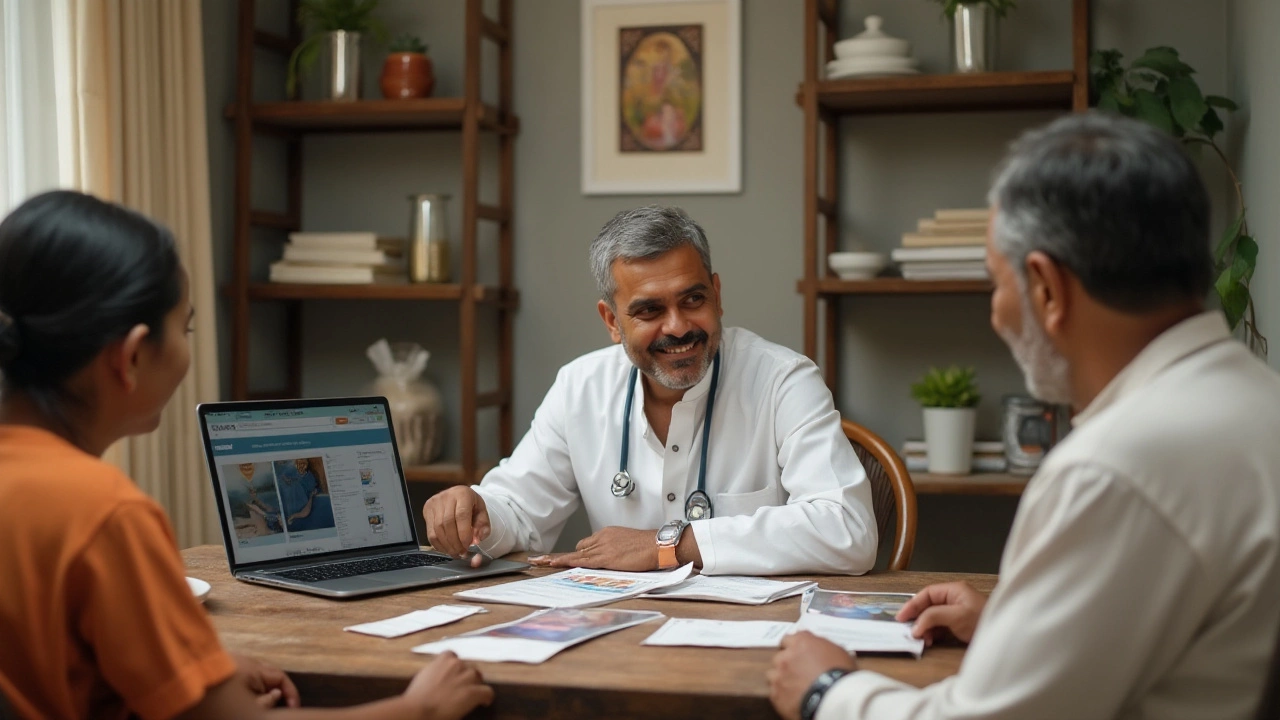Medication Basics: How to Use Drugs Safely and Effectively
Got a new prescription in hand? Before you pop that pill, there are a few things you should know. Medication isn’t just about taking a tablet – it’s about matching the right drug, dose, and timing to your body. In the next few minutes you’ll get clear, no‑fluff advice on picking meds, avoiding side effects, and getting the best value from your pharmacy.
How to Choose the Right Medication
First off, don’t rely on a friend’s recommendation or a random internet ad. Always talk to a qualified doctor or pharmacist who knows your health history. Tell them about any allergies, other medicines you’re on, and even your diet – some foods can change how a drug works. This quick chat can prevent nasty surprises later.
Next, ask about the dosage form that suits you best. Some people swallow pills easily, while others need a liquid or a patch. If you have trouble remembering doses, ask for a blister pack or a reminder app. The goal is to make the routine so simple you won’t miss a dose.
Finally, check if the drug has a cheaper generic version. In India, many brand‑name medicines have cost‑effective generics that work just as well. Ask the pharmacist to compare prices – you might save a lot without sacrificing quality.
Avoid Common Medication Mistakes
One big mistake is mixing meds without checking interactions. Over‑the‑counter painkillers, antibiotics, and even herbal supplements can affect blood sugar, blood pressure, or how your main prescription works. Keep a list of everything you take and show it to every doctor you visit.
Another pitfall is stopping a drug too early. Even if you feel better, many prescriptions need a full course to clear the infection or stabilize a condition. Skipping the last few days can cause resistance or a flare‑up. Set a calendar reminder and stick to the plan.
Lastly, store your meds properly. Some need refrigeration, others must stay away from heat and moisture. Wrong storage can reduce potency and waste money. A quick glance at the label will tell you the right conditions – treat it like food, not a random bottle.
By following these simple steps – talking to professionals, picking the right form, watching for interactions, completing the course, and storing correctly – you’ll get the most out of every prescription. Medication doesn’t have to be a mystery; with the right habits, it becomes a tool that supports your health, not a source of worry.




